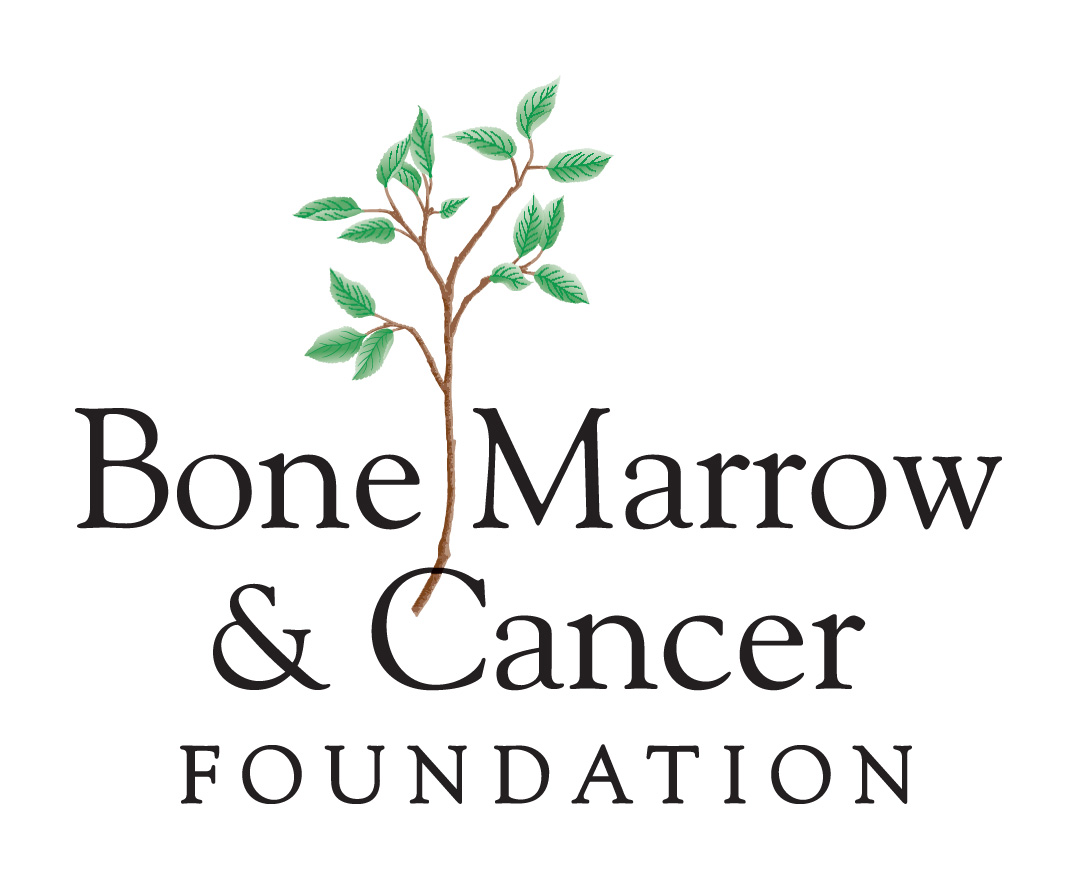Your Social Worker as a Partner in Your Treatment Journey
By Shelley Nally, LCSW, ACSW, OSW-C
Nine years ago, Shelley Nally discovered a new social work career opportunity at James Graham Brown Cancer Center (JGBCC). She initially worked with a breast cancer grant and then remained at JGBCC continuing to provide services to patients as an oncology social worker. Currently, her responsibilities include addressing the needs of patients in the specialty groups including bone marrow transplant, GYN cancers and genitourinary (GU) cancers. Prior to coming to JGBCC, Shelley worked in direct service for 25 years in the area of mental health, with a focus on children and families. Additionally, she was involved in supervisory roles in middle-management positions; served as a faculty field liaison with Kent School of Social Work at the University of Louisville and was also involved with LCSW training and supervision. A particular passion of Shelley’s is mentoring social work graduate students in the growing field of psychosocial oncology.
Oncology social workers focus on removing barriers to care and providing support and guidance with the patient’s cancer journey. Social workers are trained to screen for distress and emotional challenges related to a cancer diagnosis. Patients facing a transplant have particular needs to satisfy in order to become comfortable with their treatment plan and face time away from their loved ones and routine.
Support is critical to any cancer patient. It is important to delineate between the different types of support, which includes practical, social and emotional. Practical support by caregivers often includes offering assistance related to transportation, oversight and access to medication, and assistance with addressing any financial concerns of the patient. Being present for the patient is essential to ensure that comfort needs are addressed throughout the entire treatment process as survivors are discovering their “new normal”. Social support includes teaching patients to reach out to professionals for information regarding support groups, behavioral oncology (counseling/therapy options), complementary therapies, and other related assistance. Emotional support relates to the person(s) on whom we rely for comfort, caring, connection and communication. I frequently stress to patients and caregivers that it is important to ask for help if they need it, especially if the person is not someone who is used to accepting assistance.
One of the ways social workers are able to assist patients is by advocating for financial assistance through The Bone Marrow Foundation’s (The BMF) Lifeline Fund. Recently, I successfully obtained a grant for a patient who had some unique challenges. She needed a stem cell transplant; however, she postponed it due to missing so much work during the calendar year and not having any remaining FMLA time. The transplant was essential to her ability to achieve a cure. She is single, self-supporting and her savings had been depleted. The grant awarded by The BMF provided her with the funds to pay her household bills, which offered her the comfort she needed to move forward with her transplant. She was grateful for the assistance and had a positive health outcome. As a result of the transplant made possible through The BMF, she is now enjoying good health and an improved emotional state of mind.
It is common for social workers to develop a strong connection to their patients and caregivers. Our hope is that every situation will have a positive outcome. We strive to assist patients in having a positive treatment experience so they do not feel encumbered by practical and other concerns. We delight in knowing that something we said, facilitated, or recommended made a difference in the quality of someone’s treatment journey.
One of the most difficult aspects about oncology social work is learning to accept the line between something we can and cannot do to improve a stressful situation for someone. With each patient and family, we hope the stars align to yield an optimal treatment outcome. When that does not happen, it is very disappointing.
In spite of the challenges presented with oncology social work, I always consider it a privilege to be present for someone facing something as difficult as a cancer diagnosis. I feel honored each time I am able to help address a person’s fears by offering hope and encouragement, and I hope my presence promotes a sense of comfort and peace in his/her spirit. It is my goal that through our partnership, I am able to empower patients and their families to feel more in control during a time when so many feel powerless.

